Navigating Time: A Comprehensive Look At Africa’s Time Zones
Navigating Time: A Comprehensive Look at Africa’s Time Zones
Related Articles: Navigating Time: A Comprehensive Look at Africa’s Time Zones
Introduction
With great pleasure, we will explore the intriguing topic related to Navigating Time: A Comprehensive Look at Africa’s Time Zones. Let’s weave interesting information and offer fresh perspectives to the readers.
Table of Content
Navigating Time: A Comprehensive Look at Africa’s Time Zones
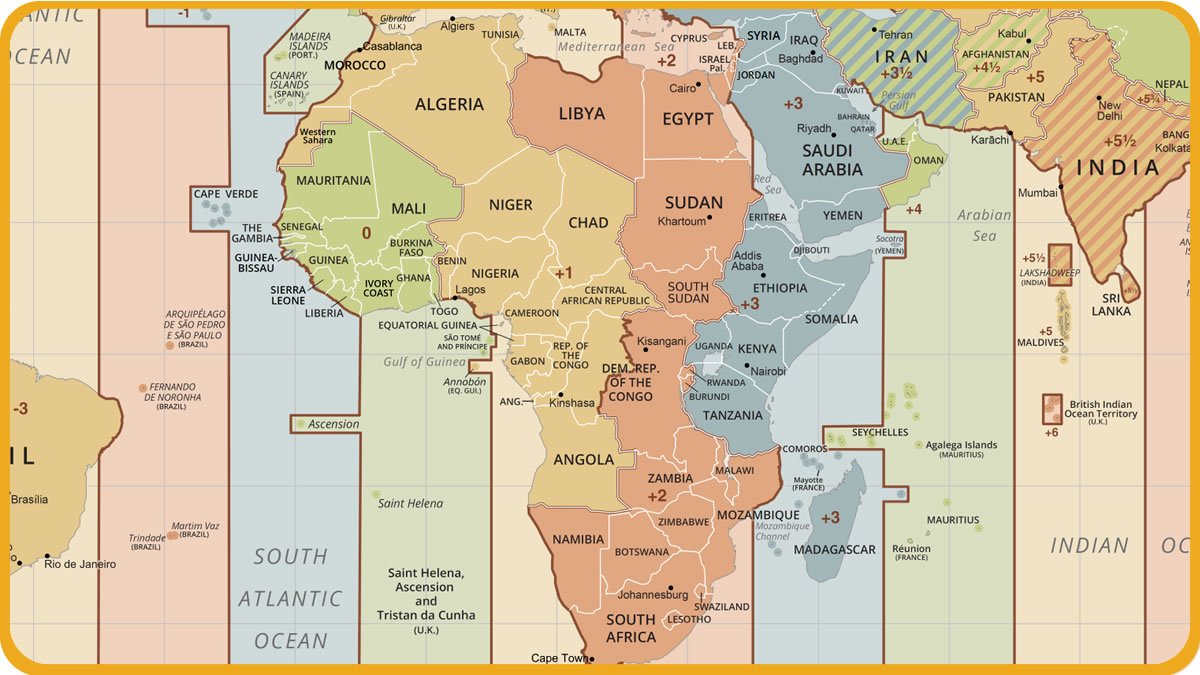
Africa, a continent of immense geographical diversity, is also home to a complex tapestry of time zones. Understanding these zones is crucial for effective communication, travel planning, and fostering international collaboration. This article delves into the intricacies of Africa’s time zones, exploring their origins, distribution, and implications.
A Continent Divided: The Origins of African Time Zones
The establishment of time zones across Africa was a gradual process, largely driven by the need for standardization and efficient communication in the late 19th and early 20th centuries. Prior to this, individual regions often adhered to local solar time, leading to inconsistencies and confusion.
The International Meridian Conference in 1884 played a pivotal role in setting the stage for global time zones. The conference established Greenwich, England, as the prime meridian, serving as the starting point for longitude measurements and the basis for Coordinated Universal Time (UTC).
Africa’s time zones were subsequently defined by the adoption of UTC offsets, with each zone representing a specific number of hours ahead or behind UTC. These offsets were generally determined based on geographical location and considerations for international trade and communication.
A Mosaic of Time: Mapping Africa’s Time Zones
Africa is divided into four primary time zones, each encompassing a significant portion of the continent:
- UTC+0: This zone covers Western Africa, including countries like Senegal, Ghana, and Nigeria.
- UTC+1: This zone encompasses Central Africa, including countries like Cameroon, Gabon, and the Democratic Republic of Congo.
- UTC+2: This zone spans Eastern Africa, including countries like Kenya, Tanzania, and Ethiopia.
- UTC+3: This zone covers Southern Africa, including countries like South Africa, Namibia, and Botswana.
Beyond the Basics: Exploring Time Zone Variations
While the four primary zones provide a general overview, Africa exhibits further variations in time zone regulations. Some countries, such as Morocco and Madagascar, have adopted unique time zones independent of the primary zones. Others, like Egypt, have adopted a specific time zone offset that does not align with the standard UTC offset for their geographical location.
The Impact of Time Zones: Navigating the Challenges and Opportunities
The existence of multiple time zones across Africa presents both challenges and opportunities:
Challenges:
- Communication Barriers: Differences in time zones can create communication barriers, especially in cross-border collaborations and international business dealings.
- Scheduling Conflicts: Coordinating meetings and events across multiple time zones can be challenging, requiring careful consideration of time differences and scheduling flexibility.
- Travel Disruptions: Adjusting to different time zones during travel can lead to jet lag, fatigue, and decreased productivity.
Opportunities:
- Enhanced Global Connectivity: Time zones facilitate global connectivity by enabling businesses and individuals to engage with partners and colleagues across the world.
- International Trade and Investment: Time zones play a crucial role in facilitating international trade and investment by enabling businesses to operate across different time zones.
- Cross-Cultural Collaboration: Understanding time zones fosters cross-cultural collaboration by promoting awareness and respect for diverse timekeeping practices.
FAQs: Demystifying Africa’s Time Zones
Q: Why does Africa have so many time zones?
A: Africa’s vast geographical expanse and the need for efficient communication and coordination led to the establishment of multiple time zones.
Q: How do I determine the time in a specific African country?
A: To determine the current time in a specific African country, consult a reliable time zone converter or website that provides accurate time information.
Q: How do I schedule meetings across multiple time zones in Africa?
A: When scheduling meetings across multiple time zones, use online scheduling tools or consult a time zone converter to determine the appropriate time for each participant.
Tips for Navigating Africa’s Time Zones
- Use Time Zone Converters: Utilize online time zone converters to determine the current time in different African countries.
- Plan Ahead: When scheduling meetings or travel, factor in time zone differences and plan accordingly.
- Be Flexible: Be prepared for adjustments in schedules and communication patterns due to time zone variations.
- Respect Time Differences: Show respect for time differences by being mindful of the time zones of your colleagues and partners.
Conclusion: A Time-Bound Future
Africa’s time zones are an integral part of the continent’s identity, reflecting its rich history, diverse cultures, and interconnectedness with the global community. Understanding these zones is crucial for navigating the complexities of communication, travel, and international collaboration. By embracing the opportunities presented by time zone diversity, Africa can continue to foster greater connectivity and collaboration within the continent and beyond.


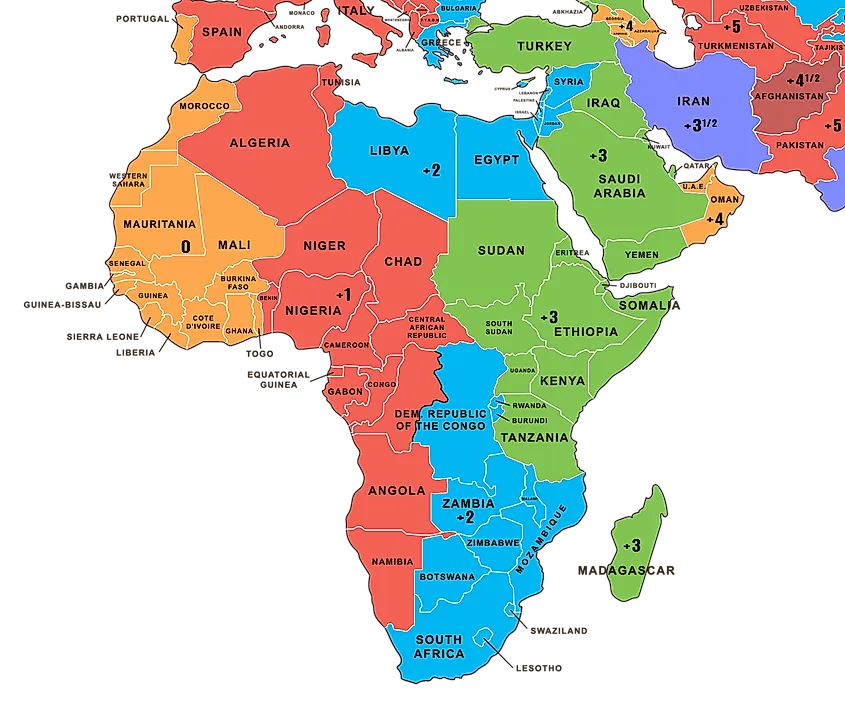
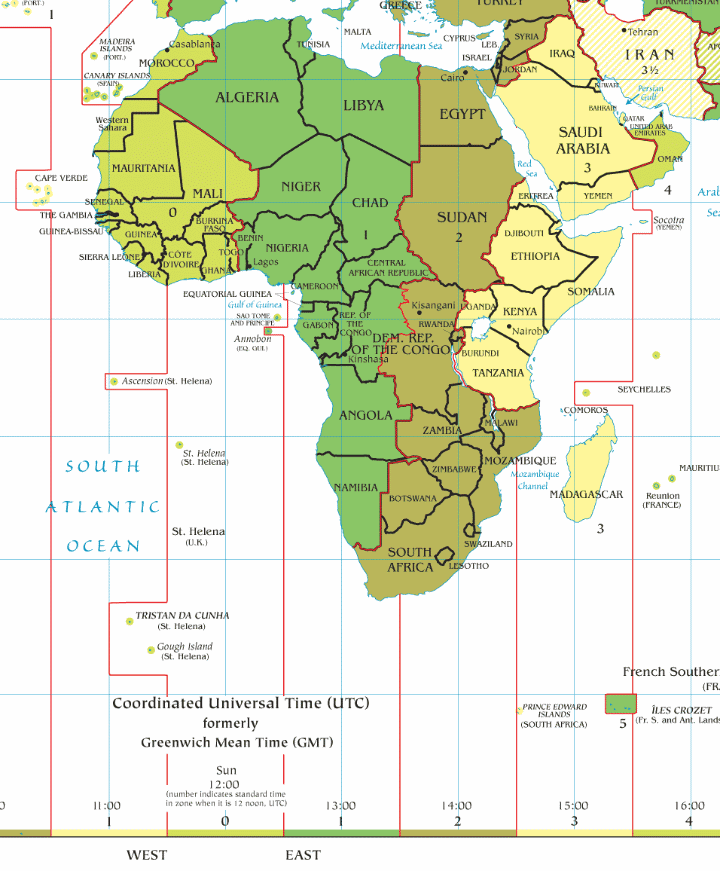
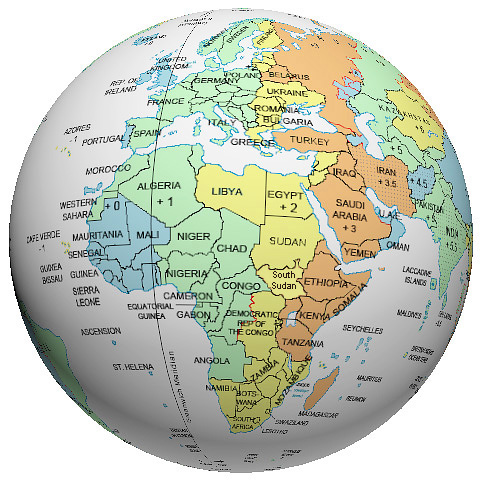
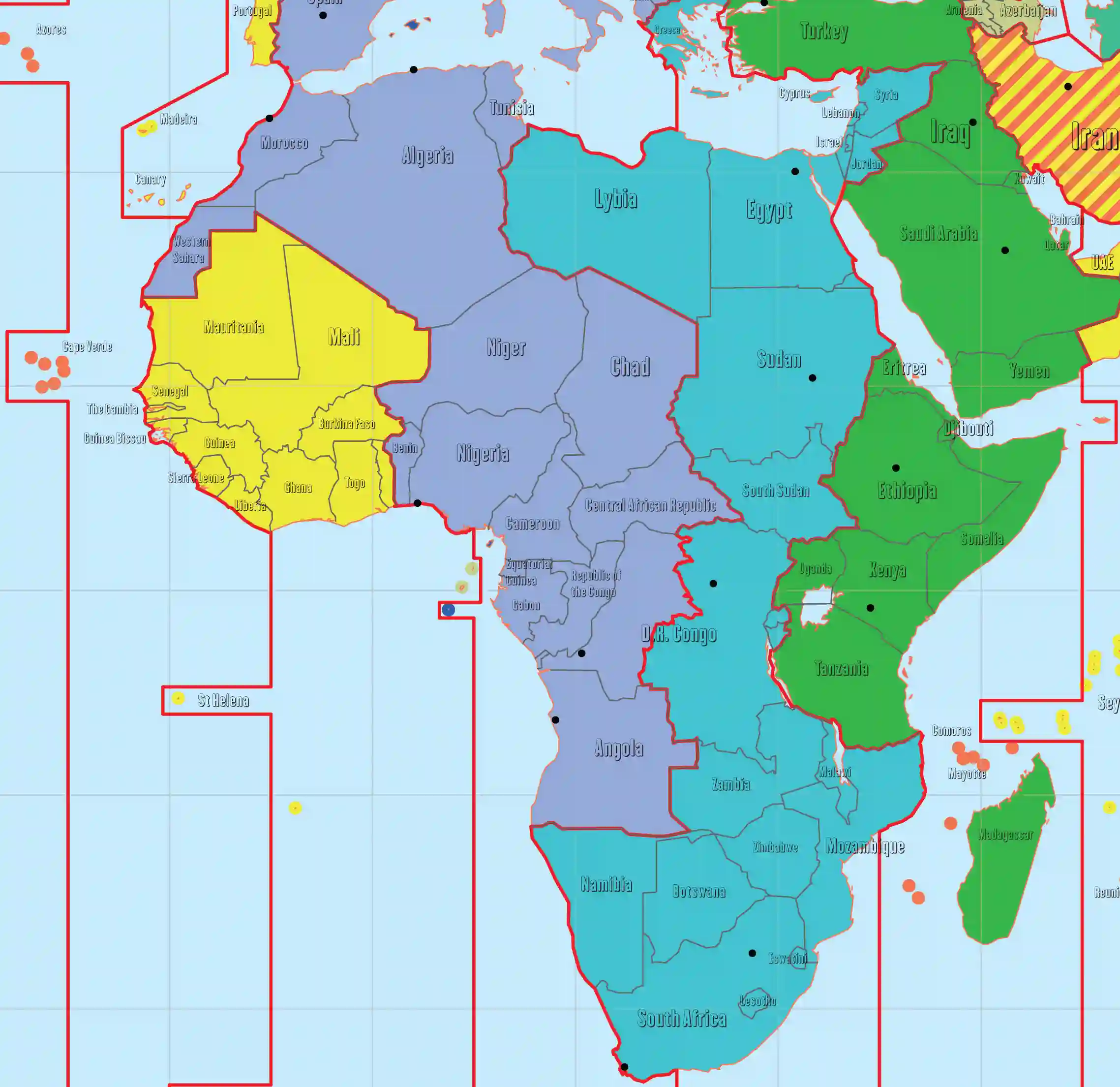
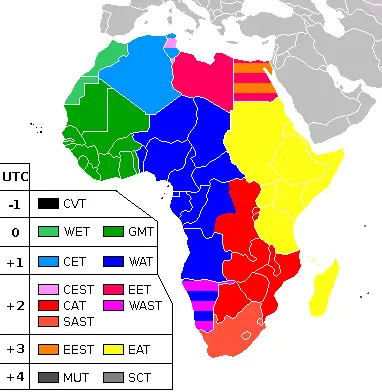
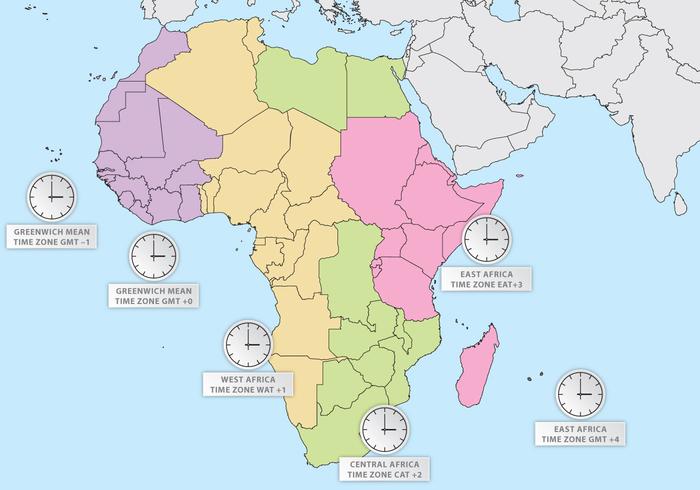
Closure
Thus, we hope this article has provided valuable insights into Navigating Time: A Comprehensive Look at Africa’s Time Zones. We hope you find this article informative and beneficial. See you in our next article!